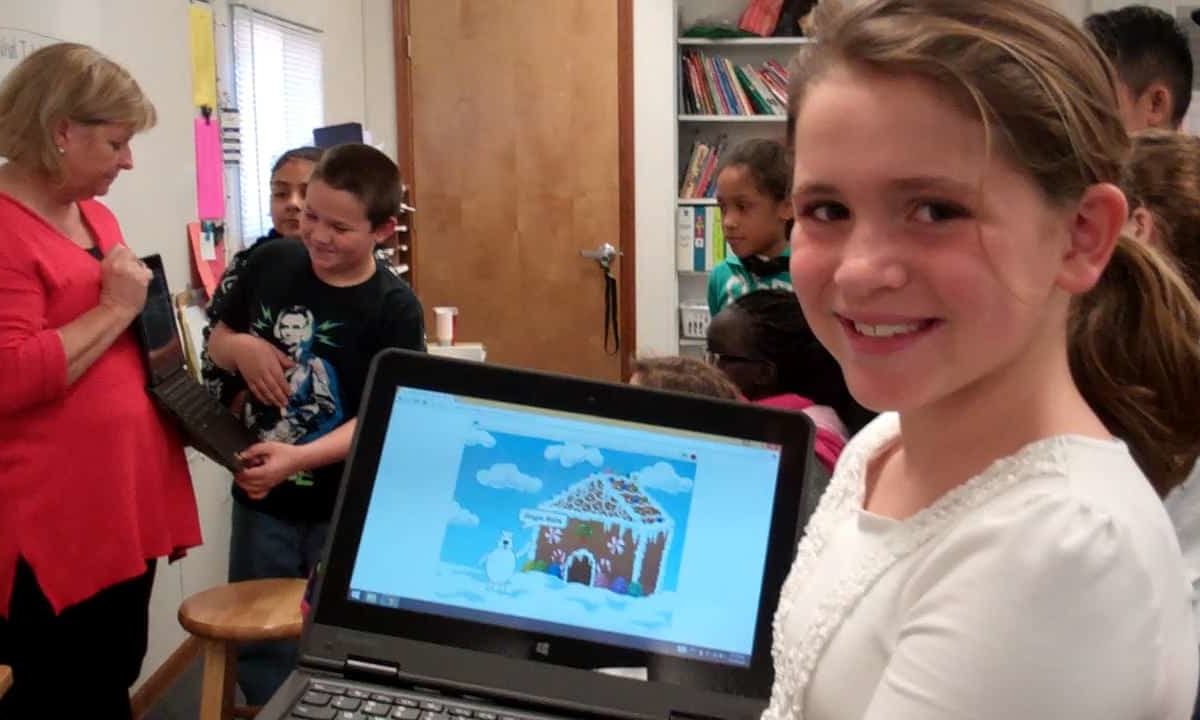

Don’t know much about history
Don’t know much biology
Don’t know much about a science book,
Don’t know much about the French I took
But I do know that I love you,
And I know that if you love me, too,
What a wonderful world this would beDon’t know much about geography,
Don’t know much trigonometry
Don’t know much about algebra,
Don’t know what a slide rule is for
But I do know that one and one is two,
And if this one could be with you,
What a wonderful world this would be
Sam Cooke’s sweet little love song, co-written with Herb Alpert and Lou Adler, ranks among the oldies-but-goodies of the 1960s. It was part of the soundtrack of my adolescence.
The lyrics pop out of the recesses of memory from time to time when I worry that the UNC-Chapel Hill journalism students I teach “don’t know much about history.” Bright, well-traveled, ambitious, and anxious, they write better than their elders usually think they do. Still young, to be sure, they often lack sufficient knowledge and reflex to enrich their journalism with historical context and perspective.
The lyrics also return to mind when I think about several issues that regularly entangle public school administrators and policymakers in debates with parents, the general public, and the elected legislators who represent them. Of course, in the 1960s, it was possible that you “don’t know much about algebra,’’ and still have a job and a satisfying life in the economy and culture of the time. Now, a higher-tech, information-rich economy has spawned digital devices that have made the slide rule obsolete and has presented challenges to our traditional ways of schooling.
A set of questions help define the challenges: Are our schools rigorous enough? Or, to put it another way, do we have high expectations of our students? How do we marshal teachers, curriculum, and time to lift our high-flying students higher? And at the same time, how do we propel minority and economically-disadvantaged students into advanced placement and gifted-and-talented courses? Shouldn’t we pursue both excellence and equity?
For more than three decades – especially since the 1983 report, “A Nation at Risk,’’ by the Reagan administration — the United States has been on a quest for higher academic standards in public education. The quest has involved both Republican and Democratic presidents and governors. The latest manifestation is the set of standards known as Common Core.
Michael J. Petrilli, president of the Thomas Fordham Institute, who is an education policy conservative, has pointed out that “the Common Core standards are vast improvements over their predecessors in the great majority of states. They are admirably aligned with rigorous research…” And yet, Common Core has become a flash point in education debates, with North Carolina among the states considering whether and how to re-work the standards.
A common complaint about Common Core – voiced by parents and amplified by politicians – is that young students come home with math problems that mom and dad can’t help them figure out. Well, it’s surely in schools’ interests, as well as the students’, to have parents engaged in the education of their children. And yet, parents shouldn’t expect today’s schools to match their own educational experiences of 20, 30, or 40 years ago. What’s a slide rule for, or memorization of times-tables, when you can calculate on your iPhone? And shouldn’t students learn to think about math and its wonders?
Similarly, it’s proved difficult for local school boards to sustain year-round schools, or to lengthen the school-year calendar, or to add an hour or so to the school day. Year-round schools, for example, enhance the education of many students by limiting the erosion of learning during long summer months, especially critical for sustaining the educational momentum of disadvantaged students, many of whom lack books in the home. And yet, popular sentiment, along with businesses that depend on teen-age labor in the summer, keeps the traditional calendar intact across public education. So many parents want their children to have the same summertime vacations that they remember.
Thus, I am mindful of the political and cultural delicacy of the issues I raise in calling for a renewed focus on rigor in public schools. Rigor is not easy to judge from the outside, being the outcome of a multiplicity of factors, among them: skill of teachers, the quality of textbooks and instructional materials, the focus of tests, the availability of counselors, mentors and coaches, and a principal’s leadership.
Parents are indeed the first educators of their children; family time and part-time jobs that instill work habits offer certain educational elements not provided in classrooms. It’s important for parents to be engaged, but it’s also important that professional school administrators and teachers have both political and parental support for converting standards into the actual delivery of education in the classroom.
So now that I’ve got Sam Cooke’s easy music and lyrics of “Wonderful World’’ embedded in my mind, join me in humming along. But also know that in the 21st century, young people can no longer assure a “wonderful world’’ for themselves, even if they find a companion to love, when they “don’t know much about geography, don’t know much trigonometry…”


